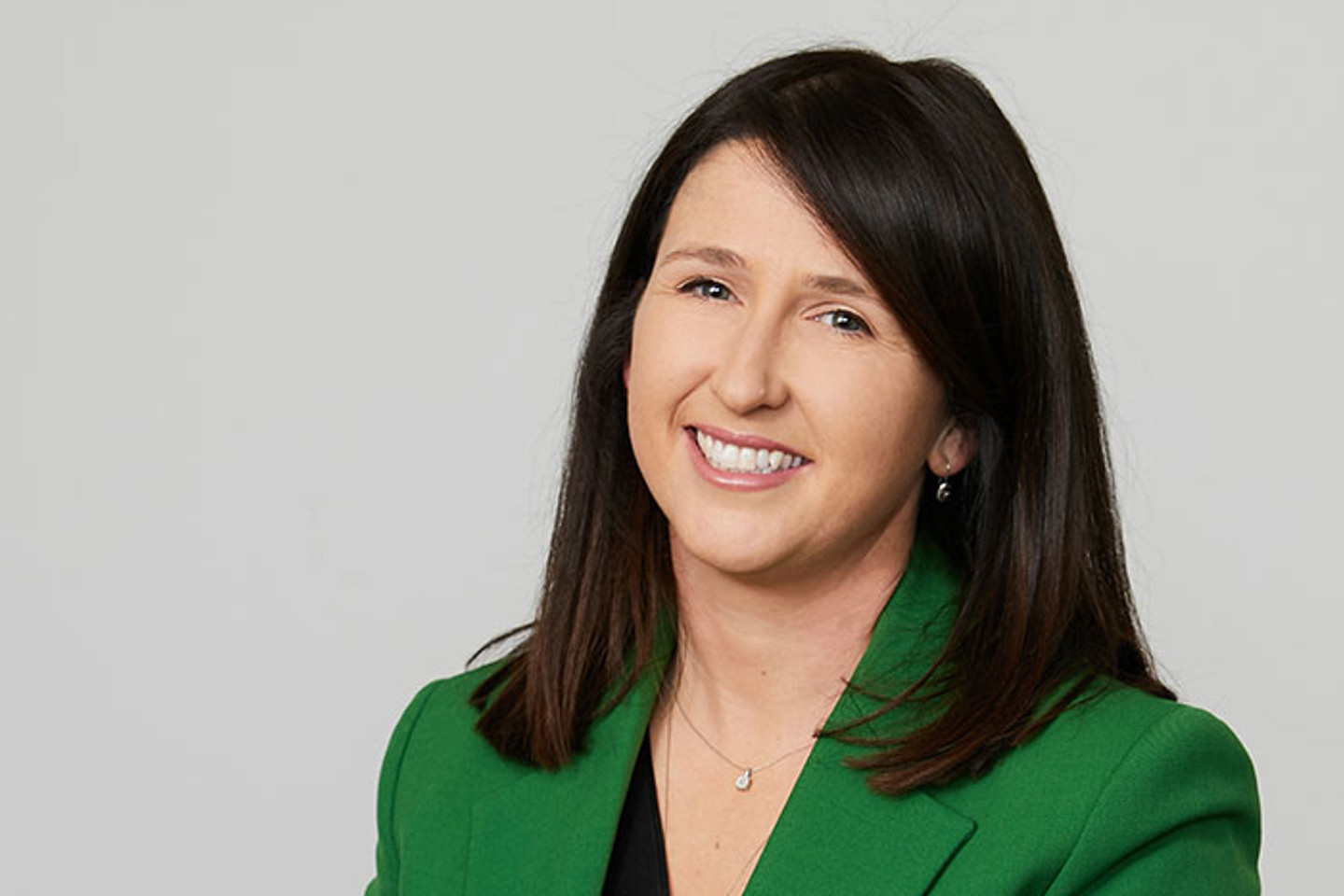
Maria Edgeworth
Partner | Legal
Ireland

Maria Edgeworth
Partner
Ireland
A recent judgment by the Courts of Justice of the European Union has reshaped how sports arbitration awards are reviewed in the European Union.
The decision articulates the principle that effective judicial oversight must be available where EU public policy principles are engaged, opening the door to EU member state review of sports arbitration awards, including CAS arbitration awards.
For background and detailed analysis of that opinion, see our earlier article, "Advocate General opinion presents seismic challenge to the existing order of sports arbitration".
FIFA amended its Regulations on the Status and Transfer of Players (STP Regulations) in 2015 to prohibit third party ownership (TPO) of players, meaning the ownership by commercial entities other than the player's club. FC Seraing, a Belgian club, entered into TPO arrangements with Doyen Sports. FIFA found these in breach of its regulations and imposed sanctions, which Seraing unsuccessfully appealed to the Court of Arbitration for Sport (CAS) and the Swiss Federal Tribunal.
Doyen Sports challenged FIFA's ban in the Brussels Commercial Court, arguing that the STP Regulations violated EU law, with Seraing joining the action. The Belgian courts declined jurisdiction, citing the res judicata effect of the Swiss judgment upholding the CAS award, which blocked further challenge. This ultimately led to a reference to the Courts of Justice of the European Union (CJEU) and the Advocate General's 2025 opinion. The central question for the CJEU was whether CAS awards, affirmed in Switzerland, must remain open to effective judicial review in EU national courts where EU law rights are invoked.
FIFA rules require disputes with member associations, clubs and players to be resolved via FIFA's internal Dispute Resolution Chamber. An appeal is available to CAS, which is subject to appeal to the Swiss Federal Tribunal on a limited number of grounds, such as lack of jurisdiction, violation of elementary procedural rules or incompatibility with public policy. This dispute resolution structure is mandated by FIFA's rules, meaning participation in football necessitates acceptance of arbitration.
The CJEU has recognised that mandatory arbitration may serve legitimate objectives, such as uniform dispute resolution and consistent rule application in sport. It held that legal autonomy enjoyed by sports associations in the pursuit of legitimate objectives, like ensuring the uniform handling of disputes relating to the sporting discipline, cannot justify the exercise of the powers held by such associations having the effect of limiting the possibility for individuals to rely on the rights and freedoms conferred on them by EU law which form part of EU public policy.
In the Seraing case, the CJEU has held that CAS awards which involve athletes, clubs and individuals pursuing a sports-related economic activity within the European Union must be amenable to effective judicial review in EU member state courts where EU public policy is at issue. EU public policy includes competition law and free movement of persons principles, which have been the subject of various sports case before the CJEU recently, including the Super League case and the Royal Antwerp case.
The CJEU held that "effective judicial review" of EU law cannot be provided by the Swiss Federal Tribunal as a Court of a non-EU country and that EU member state courts must be able to examine awards for compliance with EU public policy, and be capable of referring the matter to the CJEU pursuant to the Article 267 review mechanism. The CJEU also held that EU member state must have the authority to grant meaningful remedies such as cancelling awards, issuing damages, or stopping unlawful practices, as well as to issue interim measures to safeguard rights during ongoing proceedings.
The CJEU also held that it not strictly necessary for a direct legal remedy to be available within the EU. However, that approach is open to the sports association. UEFA, the governing body for European football, took this approach in 2024 when it is possible to elect Dublin as the seat of arbitration for challenges to decisions taken under its Authorisation Rules governing International Club Competitions. You can read our breakdown on Dublin's selection as an alternative seat for CAS here.
The CJEU's decision has significant ramifications for the enforceability of CAS awards which have previously only been subject to review on narrow grounds by the Swiss Federation Tribunal. The Seraing decision is a marked movement by the EU Courts to ensure EU public policy is applied in judicial review of CAS awards, following the European Super League and International Skating Union decisions.
For more information on arbitration in Ireland or related sports law advice, please contact our team via their contact details below.
Ogier is a professional services firm with the knowledge and expertise to handle the most demanding and complex transactions and provide expert, efficient and cost-effective services to all our clients. We regularly win awards for the quality of our client service, our work and our people.
This client briefing has been prepared for clients and professional associates of Ogier. The information and expressions of opinion which it contains are not intended to be a comprehensive study or to provide legal advice and should not be treated as a substitute for specific advice concerning individual situations.
Regulatory information can be found under Legal Notice
Sign up to receive updates and newsletters from us.
Sign up